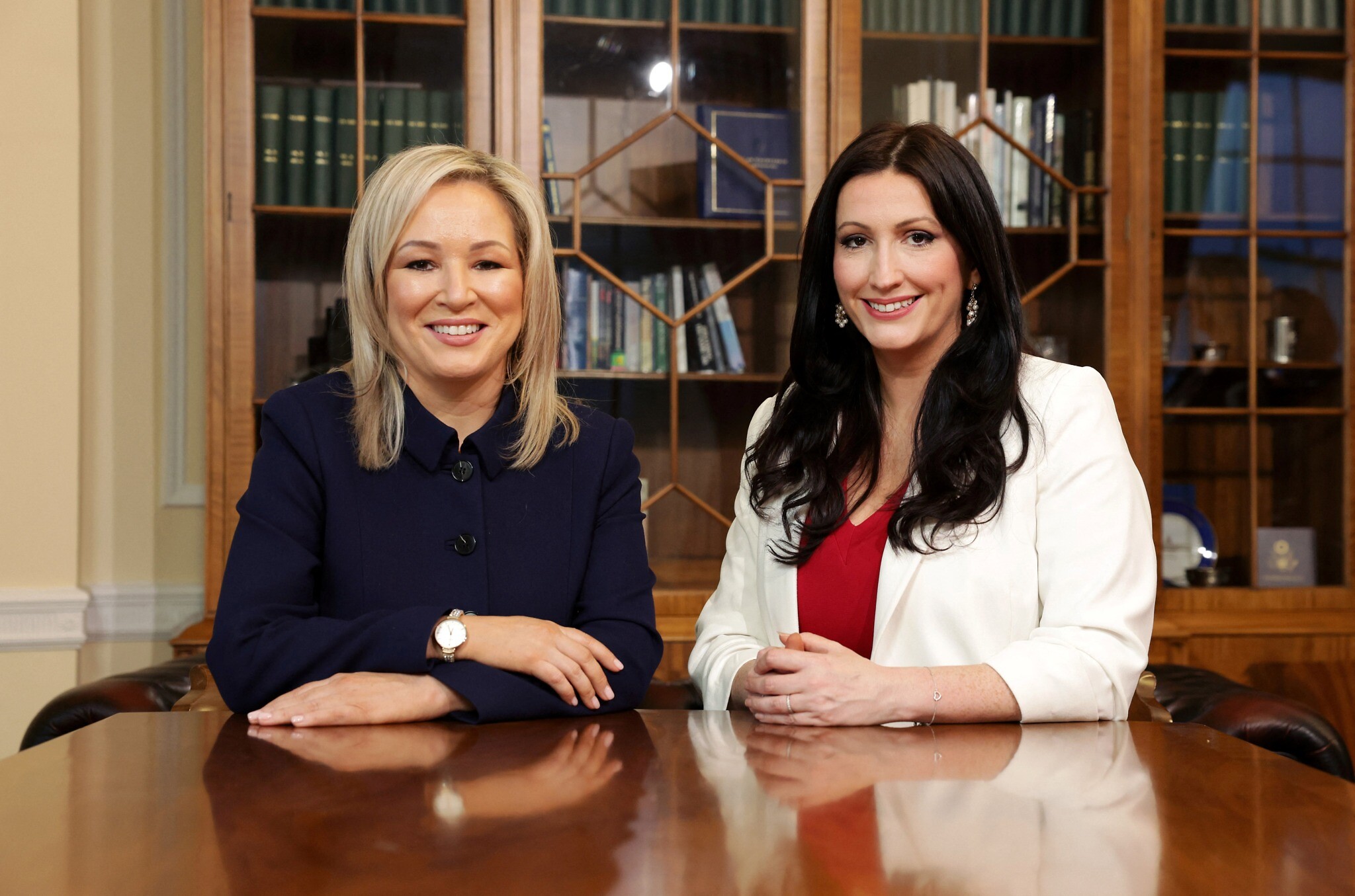Last week, Northern Ireland commemorated the anniversary of the Good Friday Agreement for the first time with a women-led executive. To mark the historic moment, Atalanta Account Director, Austyn Close penned an op-ed in The Geopolitics, in which he urged First Minister Michelle O'Neill and Deputy First Minister Emma Little-Pengelly to prioritise women's political and social inclusion to ensure the country’s lasting peace and prosperity.
One key priority for Northern Ireland’s leaders, Austyn argues, should be to invest in inclusive job opportunities. Since the early 2010s, women's economic inactivity in Northern Ireland has consistently rated higher than men's. But as Northern Ireland positions itself as a powerhouse in technology development and engineering, greater investment in women's employment opportunities in these sectors would perform dual benefits: turbocharging national productivity while allowing women to reap the economic benefits of the peace that they helped achieve.
As a peace process which included women from both sides of the political divide, the Good Friday Agreement was considered innovative for its time. However, over a quarter of a century later, women's political representation in Northern Ireland remains disappointingly low, with women comprising just over a third of sitting Members of the Legislative Assembly. As Austyn points out, this underrepresentation may have its roots in the Agreement's own political architecture, designed as it was to give focus to the country's ethno-national identities, only to inadvertently sideline other groups' concerns.
Not only is this a moral failure, it's also bad politics. Women's political leadership is shown to prioritise issues such as healthcare, education, and the environment, while conflicts are more likely to be resolved through non-violent methods in countries with greater equality in their political systems. Clearly, as Northern Ireland’s leaders look to build a healthy, happy and safe society, they cannot afford to let the country’s future political generation regress on their own hard-won gains.
Finally, Austyn urges the government to tackle violence and harassment against women, a pertinent call in light of the recent allegations raised against former Democratic Unionist Party leader, Sir Jeffrey Donaldson. Both political parties were quick to show their support for the victims, but, as allegations reveal, there is still a long way to go before women in Northern Ireland can play an active role in their communities without being subject to abuse.
Last week’s anniversary serves as a reminder of the progress Northern Ireland has made in building a peaceful and prosperous society. And with two women at the helm for the first time, there is a real opportunity for its leaders to take up the mantle for gender equality and ensure that women have a seat at the table.
Read the op-ed here and find out more about Atalanta’s work to deliver impact in gender equality here.




